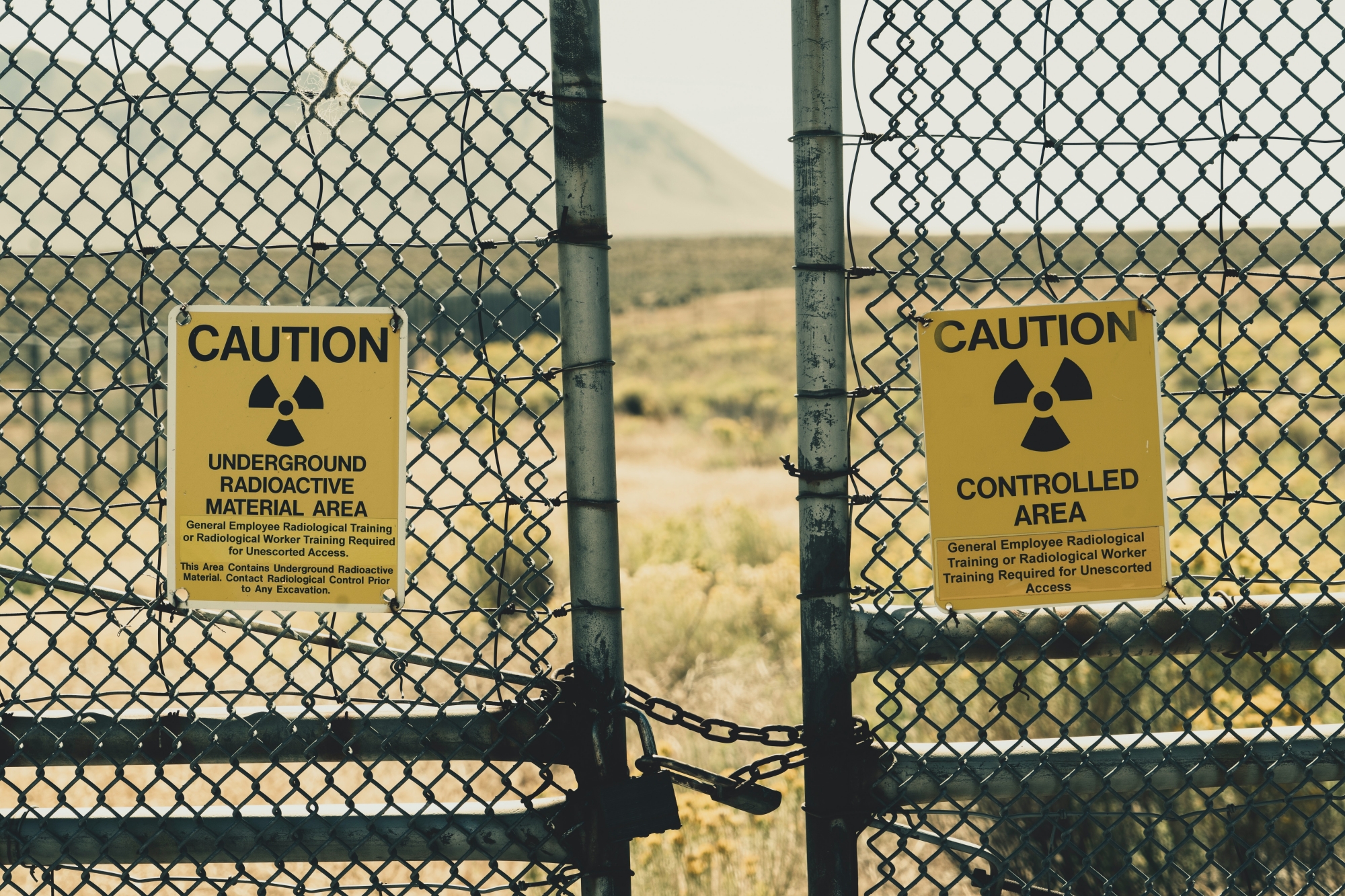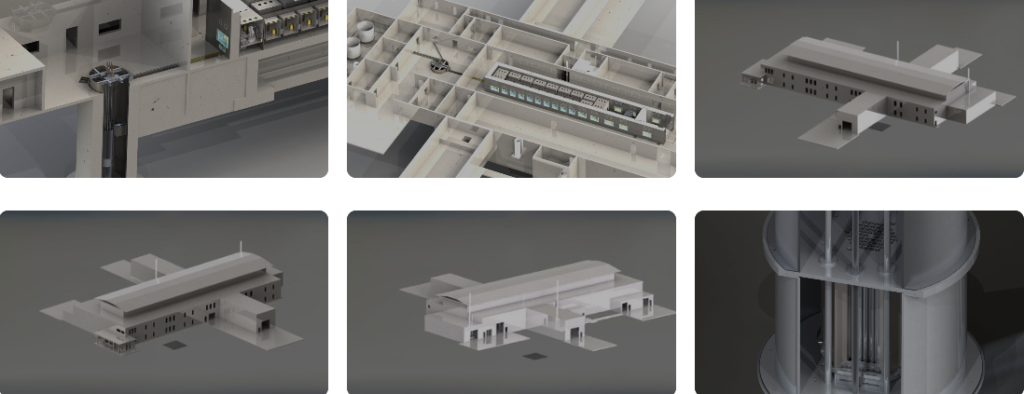
An Albuquerque company has taken the necessary first step to acquire permission to locate a medical isotope production facility in Lea County. Eden Radioisotopes, LLC (Eden) “…has formally notified the U.S. Nuclear Regulatory Commission (NRC) of its plans to submit license applications in order to construct and operate a medical isotope production facility near Eunice, Lea County, New Mexico,” states a press release issued by Eden on August 16.
Eden owns a 240-acre site near Eunice. At its website Eden states that this location “…was strategically selected to be part of a nuclear-friendly community.” Eden notes that Waste Control Specialists, “a Class C low-level radioactive waste disposal site” is located only three miles away from the location where Eden hopes to build its plant.
Also supporting its theory that Lea County is a “nuclear-friendly” area, URENCO USA, a gas centrifuge uranium enrichment facility operated by Louisiana Energy Services, is located across the street from the site of Eden’s proposed plant, and International Isotopes has secured a license to construct a deconversion facility in Hobbs.
Information provided at the NRC’s website points out that although New Mexico has no nuclear reactors, the state has a rapidly growing nuclear industrial complex. If a license is granted to Eden to move forward with its medical isotope production facility in Eunice, another branch will be added to this complex. Jobs will be created both during the building and throughout the operation of the facility. Economic opportunity and progress will, of course, be stimulated. Not forgotten is the impact New Mexico’s growing nuclear industry has already had and will continue to have on the health and wellbeing of the state’s inhabitants and its environment.

Public Awareness About New Mexico Nuclear Industrial Complex
The University of New Mexico offers a course to help broaden the public’s understanding of the impact of New Mexico’s nuclear industrial complex. Co-instructor of the course Myrriah Gómez, PHD and author of Nuclear Nuevo México states in an article she recently wrote, “Today, New Mexico is the only state in the U.S. with what is considered a cradle-to-grave nuclear industry, meaning that every process of building nuclear weapons and sustaining nuclear energy occurs or has occurred in New Mexico.” Gómez comments that in the end New Mexicans “…are blamed for this fate of willful participation, ultimately driving the status quo for expanding the nuclear industry in New Mexico, granting more federal funding to the state, thus making New Mexico more dependent on the federal government.”
Eden’s Proposed Facility in Eunice
The Eunice plant, if it becomes a reality, will have a “dedicated nuclear fission reactor and collocated hot cell processing facility” to supply radioisotopes for the diagnostic and the therapeutic medical market, states the press release. Specifically, routine diagnostic procedures using radioisotopes provide information about the functioning and treatment of a person’s organs. Radioisotopes are additionally used in radiotherapy for the treatment of medical conditions, especially cancer, by weakening and/or destroying targeted cells.
About the proposed facility Eden’s press release says that it “will supply radioisotopes for both the diagnostic and therapeutic market segments, including Molybdenum-99, and Xenon-133, for medical imaging and Lutetium-177 and Iodine-131 for radiotherapeutic purposes.” The focus will be on “Molybdenum-99 and Lutetium-177, addressing expected future capacity shortfalls and complex supply chains that are increasingly challenged.”
Nuclear Medicine Is Used Worldwide
Nuclear medicine in the form of imaging procedures is used worldwide over 40 million instances each year and “demand for radioisotopes is increasing at up to 5% annually,” states the World Nuclear Association at its website. Eighty percent of these imaging procedures use “Technetium-99m, derived from Molybdenum-99, to diagnose heart disease, cancer and other life-threatening conditions. The isotopes are injected into patients that can be tracked in the body, letting physicians create images that diagnose disease or provide specifically targeted treatment of various cancers, such as prostate cancer,” states the press release.
Predictions suggest that the radioactive diagnostic and therapeutic medical market will be a $13.9 billion industry by 2025. Strongest growth will be from radiotherapeutics, especially “Lutetium-177 for targeted prostate cancer treatment.”
Eden’s CEO Chris Wagner states that the company’s vision is “…to assure a future reliable supply of these critical isotopes to meet the needs of patients both now and for the next several decades.”


